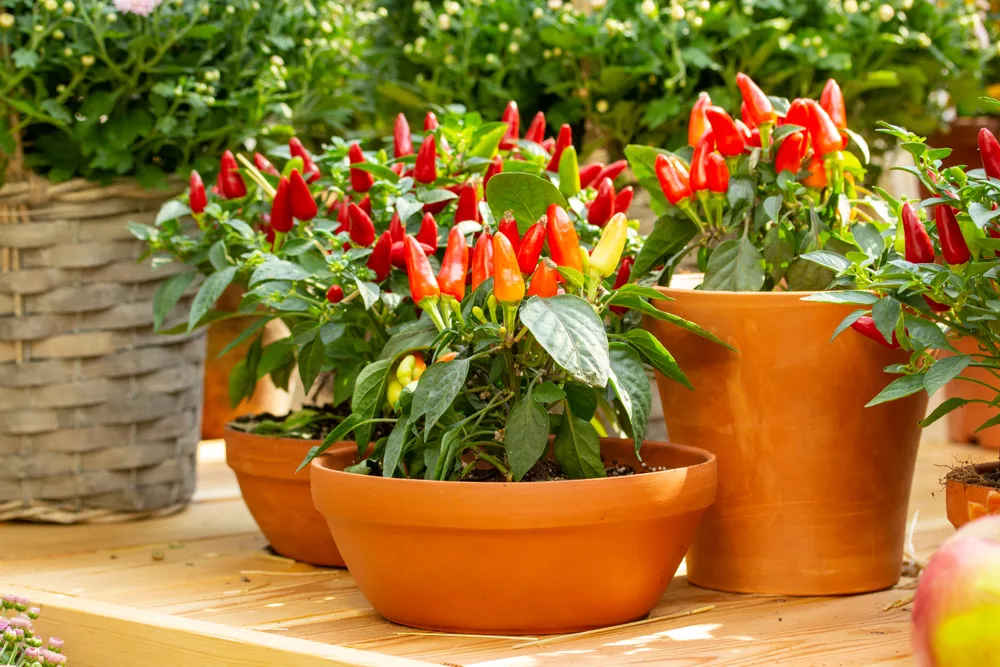
Peppers are a garden favorite, but many gardeners treat them as annuals, pulling them up at the end of the growing season.
However, with a little extra care, you can overwinter your pepper plants, allowing them to produce even bigger yields the following year.
Why Overwinter Pepper Plants?
Overwintering peppers can give you a head start in the spring. Since the plants are already established, they often produce fruit earlier and in greater quantities compared to starting from seeds. It also allows you to keep your favorite varieties without having to replant every year.
Steps to Overwinter Your Pepper Plants
1. Choose the Right Plants
Select healthy, mature pepper plants that have produced well during the growing season. These are more likely to survive the winter and thrive next year.
2. Prune the Plant
Cut back your pepper plant significantly, leaving only about 6 inches of stem and a few leaves. This pruning reduces the plant’s size and helps it focus energy on surviving the winter.
3. Potting Up
Carefully dig up the pepper plant, keeping as much of the root system intact as possible. Transfer the plant to a pot with fresh, well-draining soil.
4. Bring Indoors
Place the potted plant in a bright location indoors where it will receive plenty of sunlight. A south-facing window or a spot under grow lights works well. Keep the temperature between 60-70°F.
5. Water Sparingly
Water the plant just enough to keep the soil slightly moist, but be careful not to overwater. Overwatering can lead to root rot, which is especially dangerous in the winter.
6. Monitor for Pests
Keep an eye out for pests like aphids or spider mites, which can thrive indoors. Treat any infestations promptly with insecticidal soap or neem oil.
Preparing for Spring
As the weather warms in the spring, gradually acclimate your pepper plant to outdoor conditions by placing it outside for a few hours each day.
Once the danger of frost has passed, you can replant it in your garden or a larger pot.
By overwintering your pepper plants, you’re giving them a head start on the growing season, which often leads to earlier and more abundant harvests. With these simple steps, you can enjoy the fruits of your labor for years to come.
